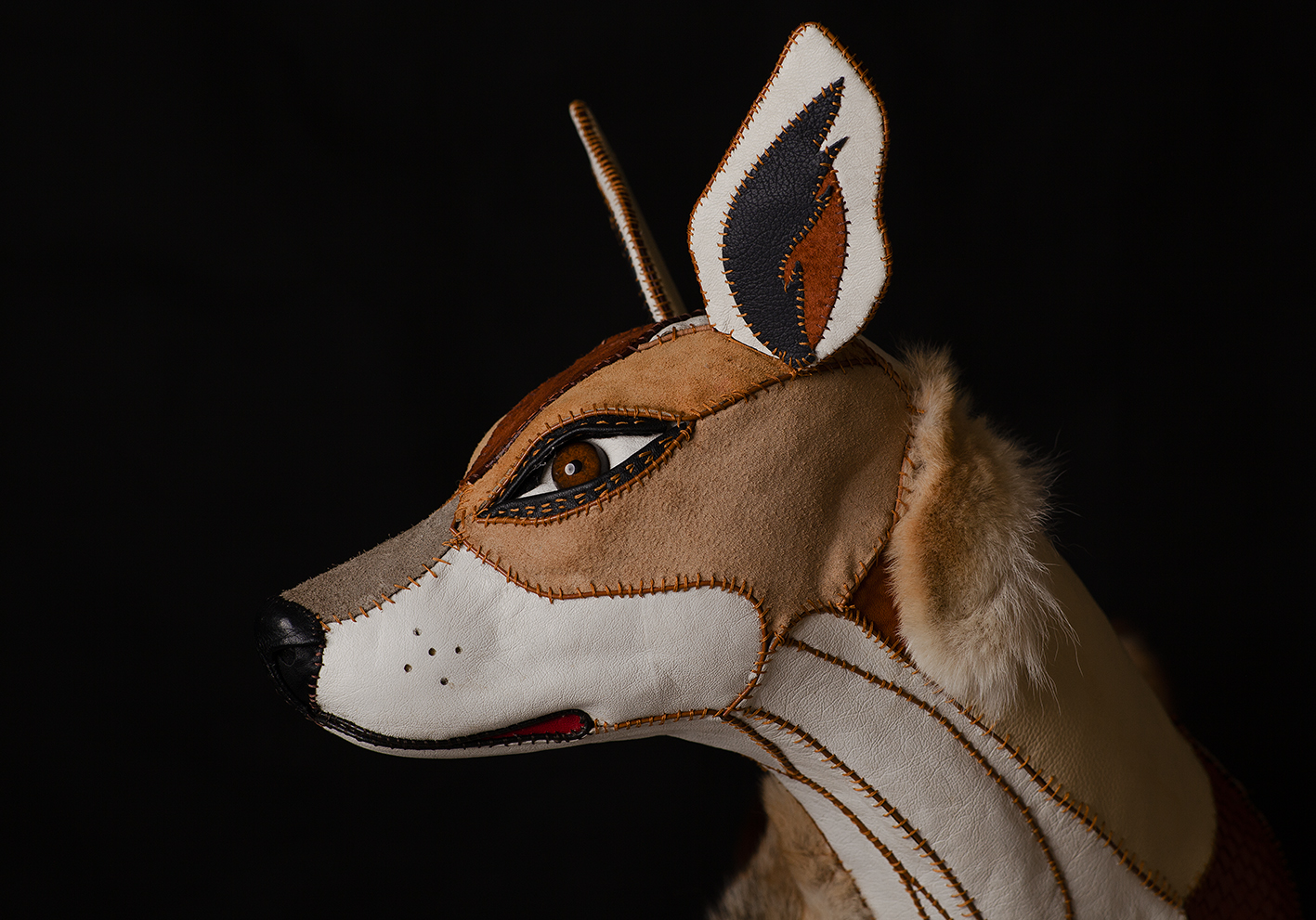Narayanan, Y. (2021). ‘Animating Caste: Visceral Geographies of Pigs, Caste And Violent Nationalisms in Chennai City.’ Urban Geography. https://www.tandfonline.com/doi/abs/10.1080/02723638.2021.1890954?journalCode=rurb20
What scholarly disciplines are most relevant to this publication?
This paper reflects on how caste and species as identity categories intersect in political life in India, generating possibilities for such intersectional thinking well beyond India as well. As such, this paper is relevant to scholars of Animal Studies, Political Science, Asian Studies, Geography, and Sociology.
How would you describe this work to a non-academic interested in animal advocacy?
Animal Studies has generated some excellent work on how race and species are connected in intricate ways, impacting racialized and animal life. Caste, however, has been under-theorised in Animal Studies, despite a quarter of the world’s population claiming a caste identity. In an era of globalized politics and migration, caste impacts contemporary political life throughout Asia, United States, Europe, Australia, Africa and elsewhere. One of the key distinguishing features of caste from race is the category of the outcast or untouchable associated with caste. Untouchability is recognised as a human rights violation and its practice is criminalized as such under Indian and other legal systems.
Animals are not incidental to caste politics – in my work, I show that animals are in fact used centrally in the making of all caste identities, and furthermore – animals themselves are casteised, that is, animals are also born into caste in the Hindu imagination. While the animal is used to render a human subhuman in race politics (as Maneesha Deckha’s brilliant body of work unpacks), caste operates differently in that different animals are used to both elevate and demean different caste groups. So the cow is sacred, holy and Brahminical and associated with the Brahmin caste; the horse is associated with nobility and war, and is the heraldic animal of the Kshatriya warrior caste; and as I demonstrate in this paper, the pig, considered impure and unclean, is associated with, and used to demean the Dalit caste, formerly treated as untouchables.
How do you see your work relating to human-nonhuman relations?
What does their invocation in caste politics mean for the animals? Inevitably, there is no auspicious outcome for the animals in being used in any manner. This holds true for animals who are ostensibly exalted in caste, such as cows or horses. Particularly when the casteised species are also used as farmed or production animals (the sacred cow is also a mundane dairy cow, for example, or the filthy pig is also then easily disposable in pig production), the outcome is more intensified violence.
Species cannot be understood entirely through caste, as indeed caste cannot be understood solely via species. My work however underscores that a post-caste society must necessarily also be an anti-anthropocentric society. The process of uncoupling animals from human identity, across the human race/caste/class/religion/agnostic/gender spectrum must be taken very seriously. This challenge is foundational for animal liberation politics.
What are you working on next?
Lots of things!! Having put one book to rest, the significant work arising out of my recent Discovery project is beginning to crest, generating two distinct bodies of work around animals and caste, and animals and urbanism in India. I have just completed another paper on camels and Indian identity politics, bringing forth one of the first analyses in Animal Studies on pastoral systems of farming animals, and nomadism, and their intersections with animal capitalism, focussing specifically on the growing phenomenon of camel dairying.
Bio: Yamini Narayanan is Senior Lecturer in International and Community Development at Deakin University, Melbourne. Her work has been published in leading journals including Environment and Planning A and D, Geoforum, Hypatia, South Asia, Urban Geography, Society and Animals, and Sustainable Development. In 2019, Yamini was awarded the Deakin Vice Chancellor’s Award for Mid-Career Research Excellence and she is a Fellow of the Oxford Centre for Animal Ethics (FOCAE).



